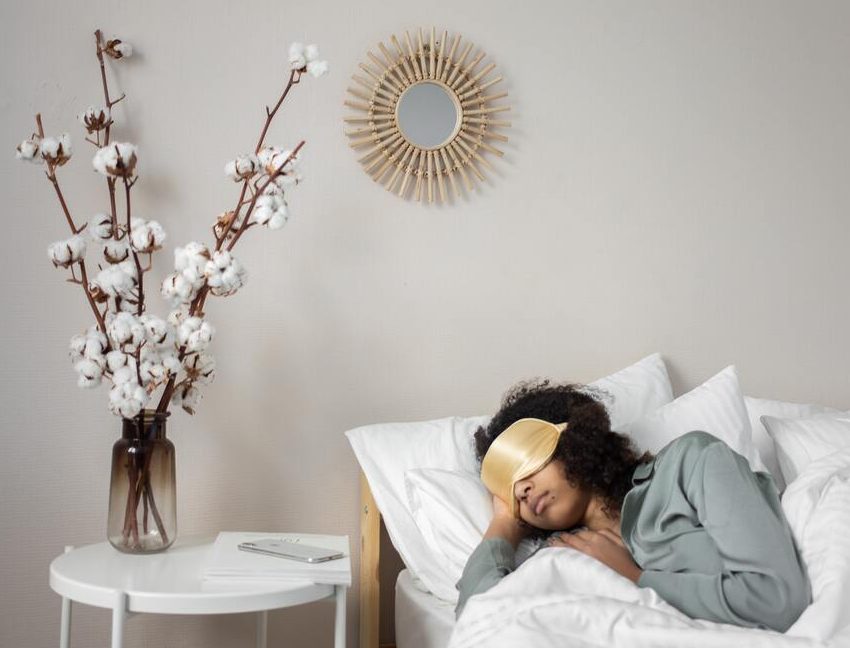
Sweating so much during your sleep and having to change the sheets way too often? That feeling can not only be uncomfortable but it can also disturb your sleep.
Night sweats are repeated episodes of very heavy sweating during sleep, heavy enough to soak your night clothes or bedding. They’re often caused by an underlying condition or illness.
Sometimes you may wake up after sweating heavily, particularly if you’re sleeping under too many blankets or your bedroom is too warm. Although uncomfortable, these episodes aren’t usually considered night sweats and aren’t signs of an underlying condition, illness and other factors.
Night sweats usually happen with other concerning symptoms, such as fever, weight loss, pain in a specific area, cough or diarrhea.
According to Houston Methodist Leading medicine here are a few reasons why you sweat during your sleep:
Stress
When you are feeling anxious or stressed you do not sleep soundly and are bound to sweat during your sleep.
According to Dr. Aarthi Ram, neurologist and sleep medicine expert at Houston Methodist, “an overactive mind revs up your brain and body, which can result in sweating.”
Dr. Ram’s tips for reducing stress before bedtime:
- Build in time to wind down. Before bed, take a warm shower, avoid screen time and devices, or try reading a book.
- Set up a relaxing atmosphere. Make sure the lights are low, sound is limited or soft, and the room is cool.
- Talk to your doctor. Recurrent or long-lasting stress and anxiety could be a sign of a more serious mental health issue, such as anxiety disorder or depression.
Drinking before bedtime
Drinking before bed can lead to increased body temperature — and therefore sweating.
Sleepwear and sleep environment
The place where you sleep could also cause you to sweat during your sleep. The place could be too warm or overheating resulting in you sweating during your sleep. Your bedding, sleepwear and mattress can cause you to sweat during your sleep.
“In fact, if you’re sweating excessively at night for these reasons, we don’t actually consider it true night sweats,” says Dr. Ram.
Dr. Ram’s tips for avoiding overheating while sleeping:
- Keep your bedroom cool. Lower your thermostat and/or leverage a fan.
- Dress light. Don’t overdress and choose moisture-wicking materials if you need to.
- Choose lightweight bedding. Avoid fleece, flannel, down and synthetic fibers.
- Consider your mattress. Foam materials can limit airflow.
Sometimes it could be the medication you are taking or a sign of an illness or underlying conditions.
Also see: Sleeping hacks you should try




